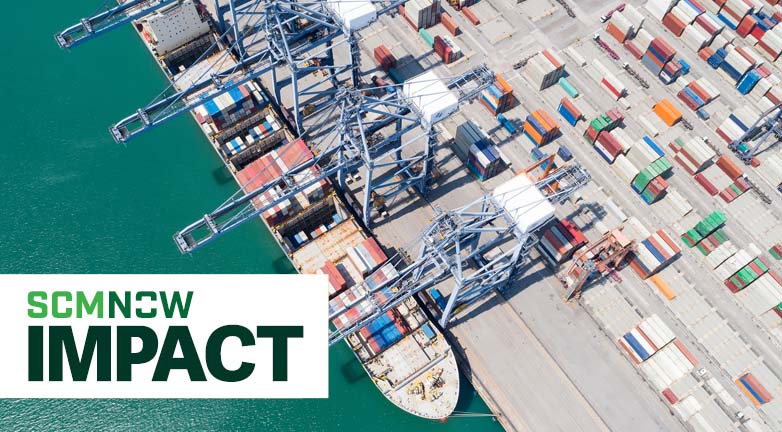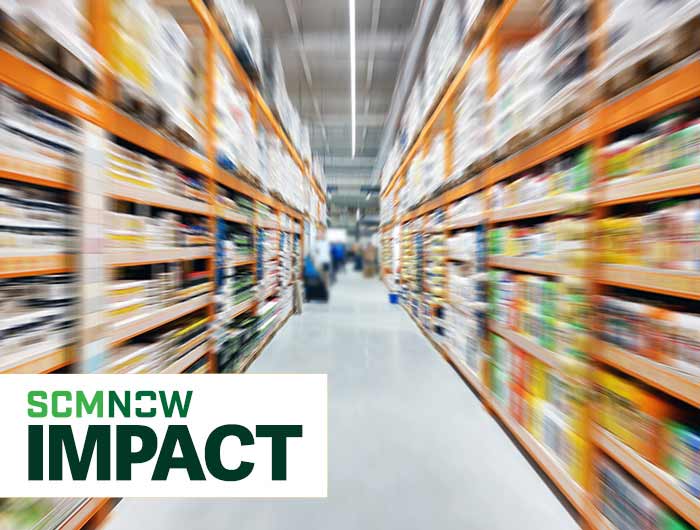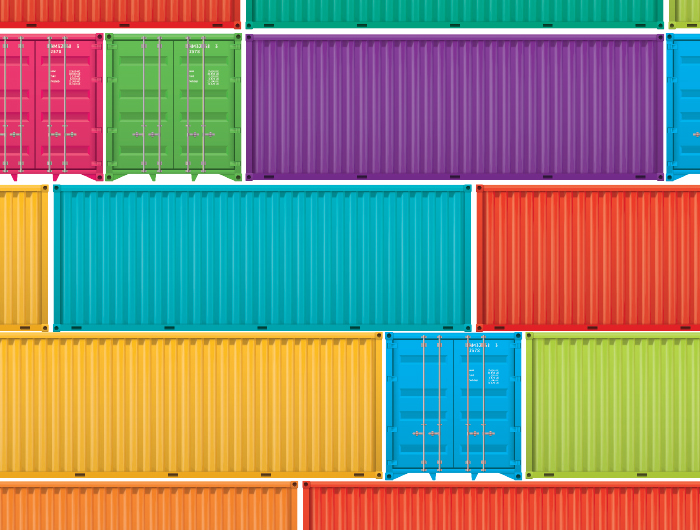The escalating tariff war between China and the United States is set to shake up the consumer electronics and agricultural industries.
On Monday, the Trump administration proposed a plan to roll out tariffs as high as 25% on almost all Chinese goods not yet subjected to the rising rates. Nikkei Asian Review reports that cell phones are the largest affected product by value at $43.2 billion, followed by laptops at $37.5 billion. These high-tech items contain parts sourced from around the world but often are assembled in China, so the tariffs will have ripple effects across Asian supply chains.
Foxconn, a Taiwanese iPhone assembler, announced plans to expand production in India to diversify its supply chain but noted that it will be difficult to build factories that could ever replace its Chinese plants. Product design and after-sales service companies in the United States also will feel the effects.
Technology exporters are already talking about the burden the new tariffs will place on their businesses. Anna Kam, whose company Sky City 2K exports video game console controllers, was quoted in the South China Morning Post: “This will completely kill my U.S. market.” She explained that 85% of her company’s controllers are sourced and manufactured in mainland China and then transported to Hong Kong before being shipped to customers in Europe and on the U.S. West Coast. As her business typically operates on a 12-15% profit margin, it would be decimated by 25% tariffs.
In the United States, CNBC reports that American farmers are among the hardest hit by China’s newest tariffs. The U.S. agricultural industry already is grappling with the lowest net farm incomes in more than a decade and historic Midwest flooding in March. Effective June 1, it must deal with expanded agricultural tariffs as high as 25% on a variety of food and beverage items, among other products.
Preparing for disruption
These tariffs between two major economic powers present serious risks to industries and economies around the globe. Organizations in both countries, as well as their customers, must consider how to best manage this global market risk. For some, the answer may be to diversify their supplier bases; others may decide to reshore, redesign their products or services, or adopt other strategies.
But before making decisions and adjusting their strategies, supply chain managers need to take a step back, look at the issue from a global perspective, and consider other impending disruptions and risks.
Renowned foreign policy advisor and journalist Fareed Zakaria will share his insights into the most important geopolitical and technology disruptions at ASCM 2019. His interesting and entertaining picture of the world and major trend lines will help attendees zero in on risks and opportunities. Join us for ASCM 2019, September 16-18, in Las Vegas to hear from Zakaria and a host of insightful keynotes and educational speakers.



